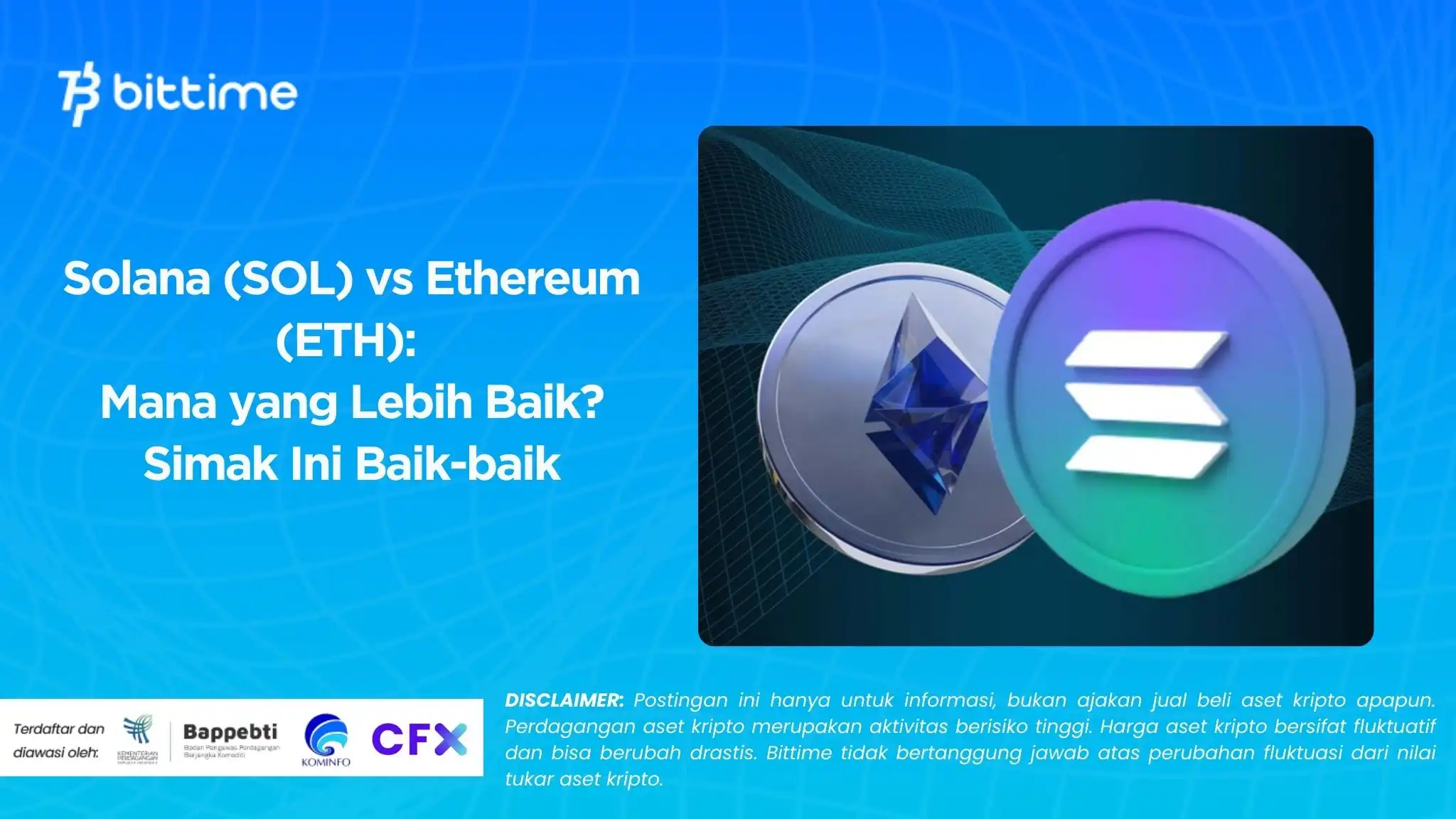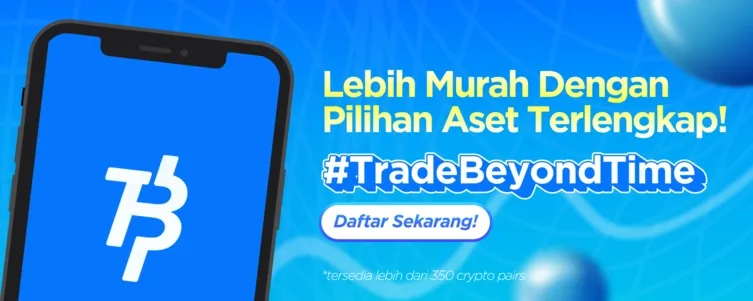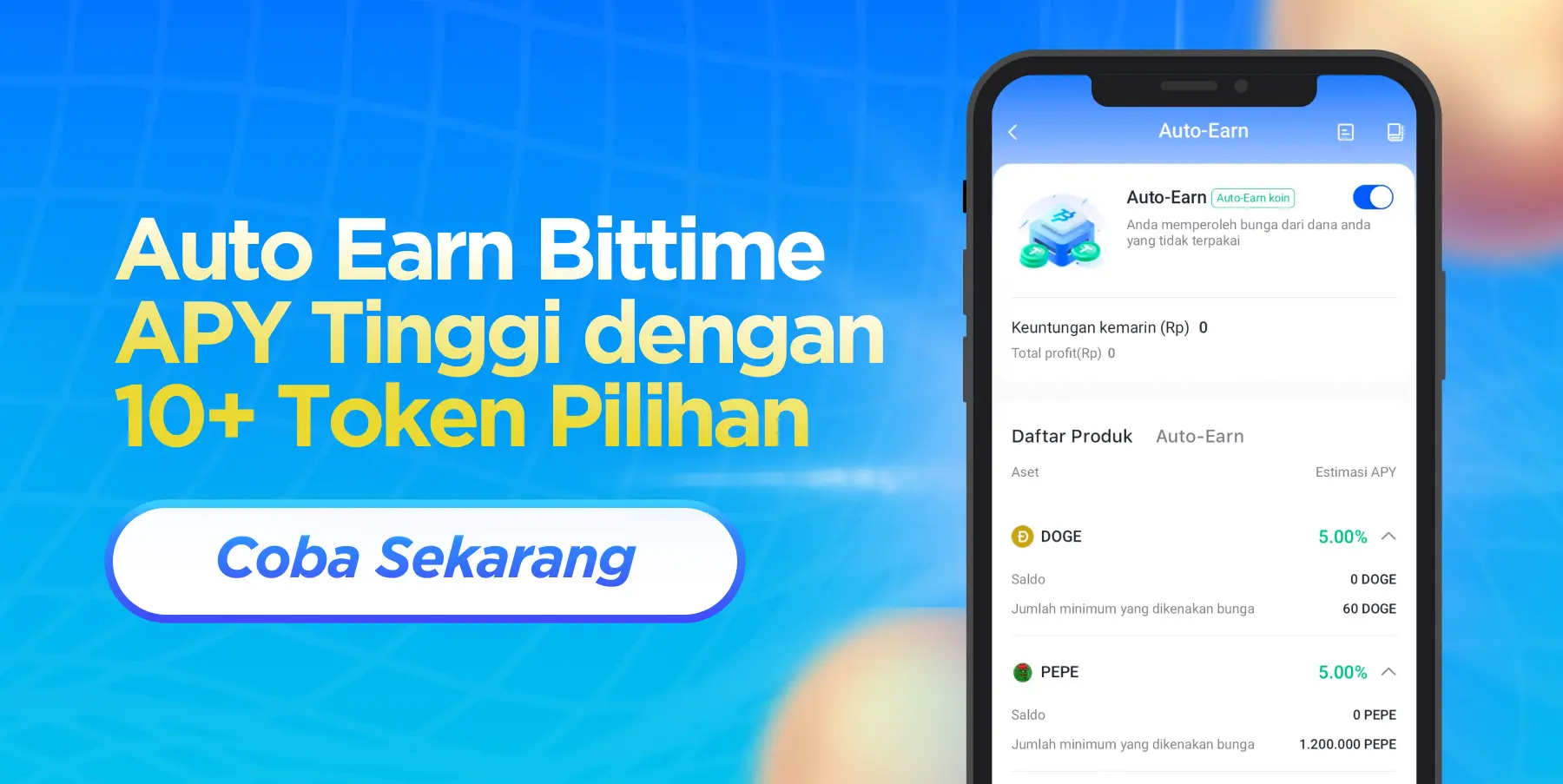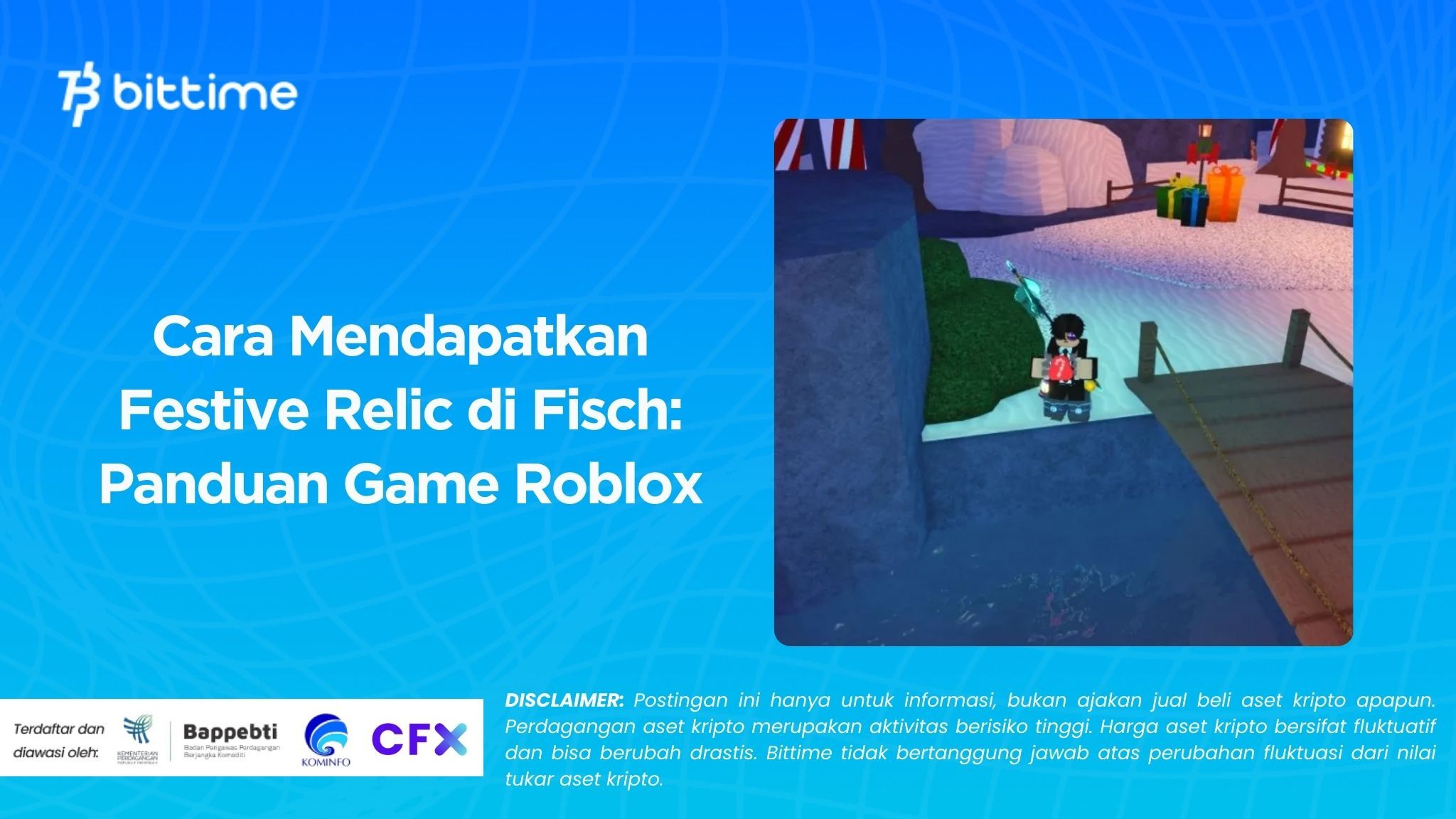Solana (SOL) vs Ethereum (ETH): Which is Better? Listen to this carefully
2025-01-08
Bittime - There are two project names that are often compared, namely Solana (SOL) and Ethereum (ETH). Both have their advantages and disadvantages, and offer different features for users and developers.
What actually differentiates Solana and Ethereum? Here is a quick comparison between Solana and Ethereum to determine which is better.
What is Ethereum?
Ethereum, launched in 2015, was the first blockchain designed specifically for smart contracts And decentralized applications (dApps). To date, many of the most popular DeFi and NFT protocols are built on Ethereum. With a market capitalization of over $280 billion, Ethereum is the second most valuable cryptocurrency in the world.
Read too How to Buy Ethereum (ETH)
What is Solana?
Solana is a smart contract blockchain founded in 2017 by Anatoly Yakovenko, a former Qualcomm engineer. Solana is built on a unique consensus mechanism, viz Proof of History, designed for fast transaction speeds and low fees. Currently, Solana has a market capitalization of over $80 billion and is the fifth most valuable cryptocurrency.
Read too How many Rupiah is 1 Solana? This is the Conversion Value of SOL - IDR Today
Can Solana Beat Ethereum?
Since the end of 2023, Solana has performed better than Ethereum in several key metrics. Here are some of the latest statistics (as of September 17, 2024):
Daily Active Users: 3.25 million for Solana, 410,000+ for Ethereum
Daily Transactions: 35.99 million for Solana, 1.13 million for Ethereum
Monthly New Address: 56.31 million for Solana, 7.18 million for Ethereum
Although Solana excels in this metric, Ethereum remains the most popular blockchain for smart contract development.
Read too 5 Decentralized Exchange (DEX) Solana Teratas
New Projects on Solana and Ethereum
Ethereum:
In 2024, an Ethereum ETF was launched in the US, increasing accessibility for investors.
Ethereum's Dencun update introduces danksharding, which is expected to lower gas fees and increase blockchain efficiency.
Traditional financial institutions such as Blackrock are building real-world asset tokenization projects on Ethereum.
Solana:
Solana Labs plans to launch a phone called the Solana Seeker in 2025, which will come with a built-in crypto wallet.
The upcoming Firedancer update could make this blockchain the fastest in the world.
Solana's memecoin ecosystem has caused a surge in trading volume.
Weaknesses of Solana Compared to Ethereum
Existing dApp Ecosystem: Ethereum has the advantage of being the first blockchain for dApps, so many popular applications such as Uniswap and OpenSea are built on it.
Programming language: Solana uses Rust, while Ethereum uses Solidity, which is more common and easier to understand for many developers.
Decentralization: Some critics note that Solana is more centralized than Ethereum, with fewer validators (over 4,500 for Solana compared to over 1,000,000 for Ethereum).
Read too How to Buy Solana (SOL)
Advantages of Solana Compared to Ethereum
Transaction Speedi: Solana is one of the fastest blockchains, processing over 2,600 transactions per second, much faster than Ethereum which is only around 15 transactions per second.
Environmentally friendly: Solana's Proof of History mechanism is considered more environmentally friendly than Ethereum.
Rapid Growth: Solana's low fees and fast throughput have led to rapid user growth.
Basic Comparison Between Solana (SOL) and Ethereum (ETH)
Is Solana an 'Ethereum Killer'?
Solana is often called the 'Ethereum killer', but Ethereum's user base has shown resilience in not switching to other blockchains. Although Solana is showing promising growth, only time will tell if Solana can surpass Ethereum.
Read too 5 Best Solana Wallets: There's Torus, Phantom, and Glow!
Conclusion
Although Ethereum is one of the most established blockchains on the market, Solana has shown better performance in several key metrics. Both are safe and reputable projects. Before deciding to invest or use either of the two, it is important to do in-depth research to understand which one best suits your needs.
FAQs about Solana (SOL) and Ethereum (ETH)
1. What are the main differences between Solana and Ethereum?
The main difference between Solana and Ethereum lies in the consensus mechanism and transaction speed. Solana uses Proof of History, which allows more than 2,600 transactions per second, while Ethereum uses Proof of Stake at a speed of around 15 transactions per second.
2. Which is better for decentralized application (dApps) development?
ANDthereum has a more mature and widely used dApps ecosystem, thanks to its earlier launch. However, Solana offers higher transaction speeds and lower fees, which may attract developers looking for efficiency.
3. Can Solana beat Ethereum in the future?
While Solana is showing rapid growth and performing well in some metrics, Ethereum still has a large user base and a more established ecosystem. Only time will tell if Solana can surpass Ethereum in terms of popularity and usage.
How to Buy Crypto on Bittime

Want to trade sell buy Bitcoins and crypto investment easily? Bittime is here to help! As an Indonesian crypto exchange officially registered with Bappebti, Bittime ensures every transaction is safe and fast.
Start with registration and identity verification, then make a minimum deposit of IDR 10,000. After that, you can immediately buy your favorite digital assets!
Check the exchange rate BTC to IDR, ETH to IDR, SOL to IDR and other crypto assets to find out today's crypto market trends in real-time on Bittime.
Also, visit the Bittime Blog for interesting updates and educational information about the crypto world. Find reliable articles about Web3, blockchain technology, and digital asset investment tips designed to enrich your crypto knowledge.
Reference
Dhiraj Nallapaneni, Solana vs. Ethereum: Investor’s Guide 2025, Accessed January 8, 2025
Author: IN
Disclaimer: The views expressed belong exclusively to the author and do not reflect the views of this platform. This platform and its affiliates disclaim any responsibility for the accuracy or suitability of the information provided. It is for informational purposes only and not intended as financial or investment advice.




